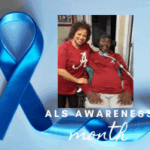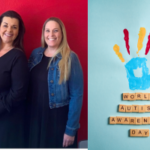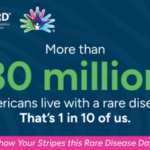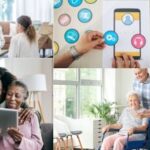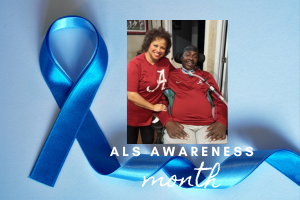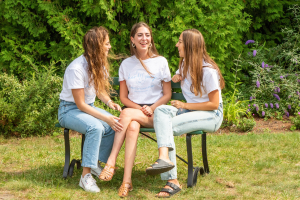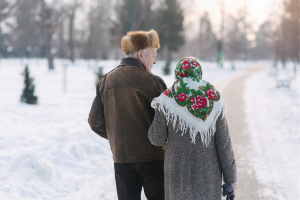There’s no “easy” part of ALS or any neurodegenerative disease, but one of the most mentally and emotionally frustrating points is when the patient begins to lose their ability to speak. Everyday we take verbal communication for granted, and losing your voice can feel incredibly dehumanizing.
With recent increases in neurodegenerative disease awareness — especially for ALS — and innovative leaps in disease services and technology, several remarkable groups have worked hard to create programs that give patients back their voice. Or, if not their exact voice, a new voice. A renewed voice.
Whether you’re a patient, caregiver, advocate, or potential “voice donor,” it’s important to research your options and decide which voice technology system is the best fit for your needs. To help you get started, we’ve compiled a list of our favorite speech technology programs.
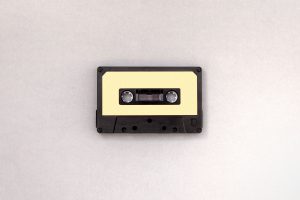
Photo by Namroud Gorguis on Unsplash
Project Revoice took the ALS community by storm back in Spring of 2018. This award-winning, revolutionary technology gave Ice Bucket Challenge founder Pat Quinn his “voice” back by compiling footage from his Ice Bucket interviews conducted before his lost his ability to speak. (Italics because this isn’t a Little Mermaid situation, but a real-life, scientific-method, voice-cloning innovation.)
For patients who don’t have hours of interview footage to pull from but do have time to prepare for loss of speech, Project Revoice takes several hours worth of your own voice recordings and creates a digital voice clone that sounds natural, dynamic, and true to your voice personality.
You can create your voice clone for free with PR’s partner Lyrebird. Just create an account at lyrebird.ai and start recording!
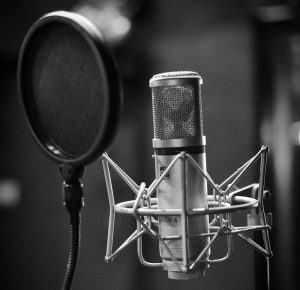
Photo by Leo Wieling on Unsplash
VocalID is designed to give voice to those who have already lost their ability to speak. But unlike your run-of-the-mill generic robot voice program, VocalID crowdsources human speech to create unique vocal identities.
There are three main ways to use VocalID. If you are already losing your speech ability, you can record a few vowels (seriously, it’s that easy) and get matched to thousands of raw speech data sources that will be used to create your unique voice.
Early-stage ALS patients may be particularly interested in the Voice Backup program, which uses Vocal Legacy to preserve voices in digital form.
This technology doesn’t just engage people losing their voices due to time or degenerative disease. Anyone can record their voice and donate it to the Human Voicebank, providing invaluable voice diverse voice data for people who no longer have a voice.
![]()
This speech synthesis software was created to benefit people who have lost or are losing their ability to speak. Though synthetic, each voice is personalized to represent the individual speaker.
With an online recorder, plus set-up and training help, creating your unique voice is quick and easy. New features allow recorders to set synthesis parameters (speaking rate, sentence intonation, and syllable timing), compare six different versions of the synthetic voice, and test each synthetic voice with actual phrases you might use before selecting your final choice.
The program’s wide range of registration categories engages a diverse community from voice recipients to proxy donors, clinicians, and caregivers.

